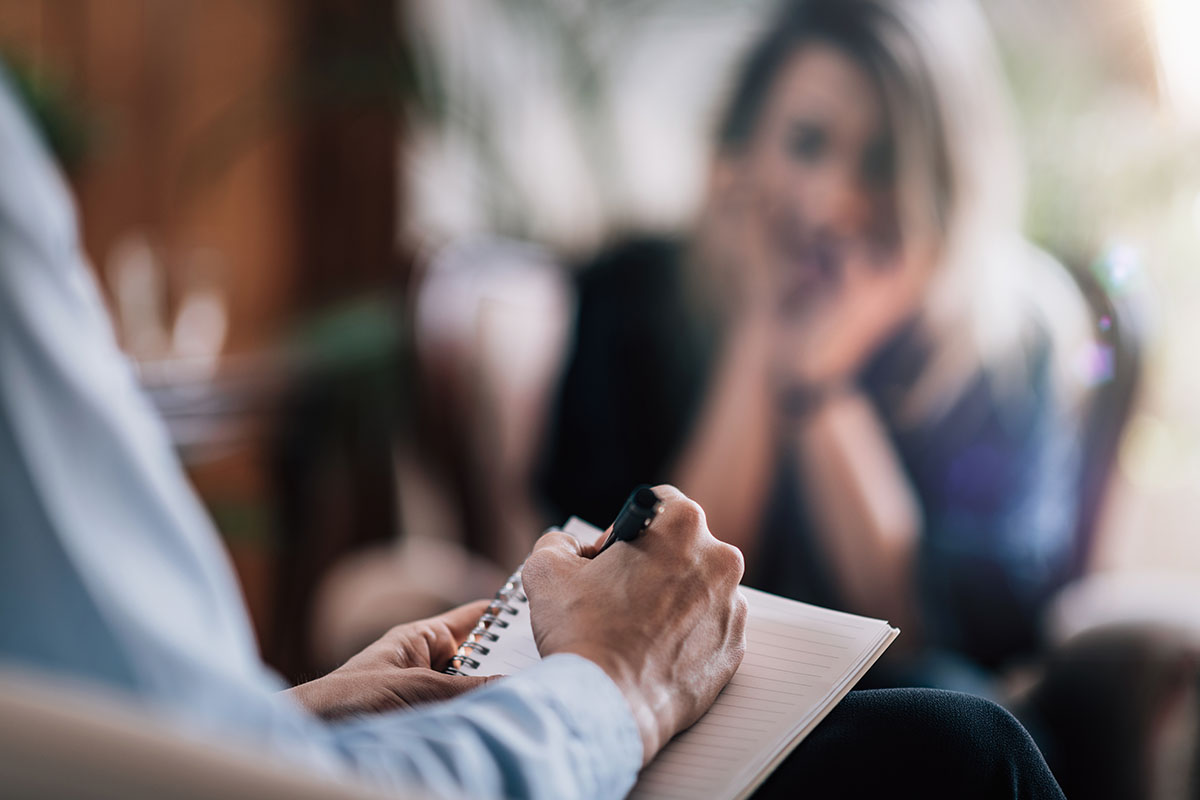Therapy is a crucial part of addiction treatment. Many drugs are physically addicting, but all addiction has a psychological component. Detox can treat physical addiction, but it’s only half the battle. You must address psychological addiction as part of addiction recovery. This includes the factors that contributed to the addiction and the problems that arise because of your addiction. Behavioral therapy is an effective way to treat psychological addiction.
How is Behavioral Therapy Different From Traditional Therapy?
Behavioral therapy is a type of psychotherapy. However, it differs significantly from traditional psychotherapy, also known as talk therapy. Talk therapy is a long-term treatment that focuses on working through past issues over time. Behavioral therapy focuses on the present. It’s generally short term and designed to bring positive results quickly. This makes them ideal as addiction therapies where quick changes in thoughts and behavior are essential for recovery.
Types of Behavioral Therapy
We utilize a wide array of treatments that we tailor to the needs of each patient.
Cognitive Behavioral Therapy
Cognitive-behavioral therapy is also known as CBT. This is based on the theory that thoughts lead to feelings, and feelings lead to behavior. The treatment focuses on changing thoughts and behavioral patterns, which also bring about more positive emotions. Many experts recognize that negative thoughts lead to negative feelings and adverse outcomes. Positive thoughts lead to positive feelings and more desirable behaviors. CBT isn’t about wishful thinking. Instead, it provides concrete strategies for reframing thoughts and changing your perspective.
Dialectical Behavior Therapy
Dialectical behavior therapy, or DBT, is a subtype of CBT. It puts a greater focus on feelings and relationships between people. DBT allows you to acknowledge your feelings while choosing healthy behaviors instead of reacting based on your emotions. You’ll learn to identify emotional triggers and how to cope with them more healthily.
Motivational Therapy
Motivational therapy is another subtype of CBT. This treatment focuses on helping you to find the motivation to make changes in your life. Instead of telling you what you should do, it helps you identify your reasons to change. Speaking about your motivation to change behavior helps increase motivation. This type of therapy is most useful for those who are reluctant to make the changes necessary for recovery.
Expressive Therapy
Expressive therapy is also known as art therapy. This type of treatment is often used along with other behavioral therapies for addiction recovery. Expressive therapy allows you to express yourself through art and connect with others on a deeper level. It can help you process emotions, relieve stress, and increase self-esteem.
Group Therapy
Many behavioral therapy models use group therapy. Isolation is a key part of addiction. Group therapy allows you to build relationships with others and realize that you are not alone in your battle for recovery. Feeling accepted by your peers is an integral part of addiction recovery. Group therapy allows you to be open about your struggles, challenges, and successes and listen to those of others. You find that other’s experiences are similar to your own. This treatment brings feelings of camaraderie and acceptance.
Family and Couples Therapy
Addiction takes a toll on your relationships with loved ones. Family and couples therapy helps you to rebuild these relationships. There are often unhealthy relationship dynamics that need to be addressed. There may be feelings of mistrust, shame, and anger that the family needs to address. Healing your familial relationships gives you the healthy support system essential for recovery.
Find Addiction Therapies at Midwest Detox
If you are struggling with addiction in Maumee, Ohio, Midwest Detox has a range of behavioral therapies that can help you recover. This type of treatment is not only crucial for addiction treatment; it can provide you with the skills you need to handle life’s daily challenges without drugs or alcohol. If you are ready to begin your recovery, contact us today at 833.647.0392, or contact us online.







